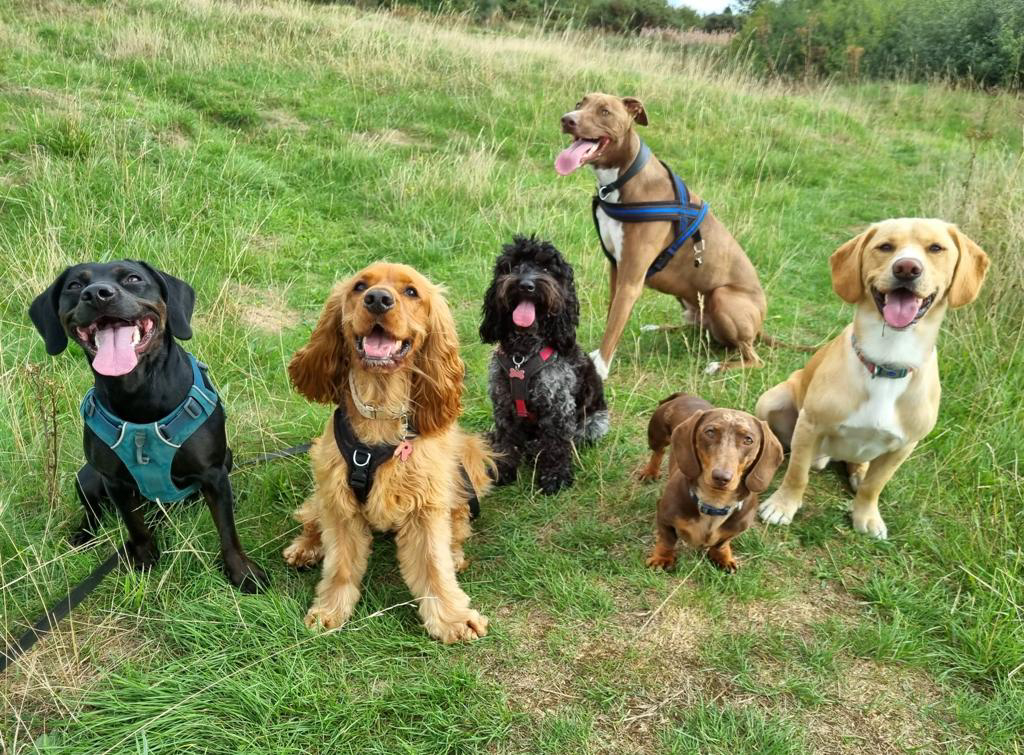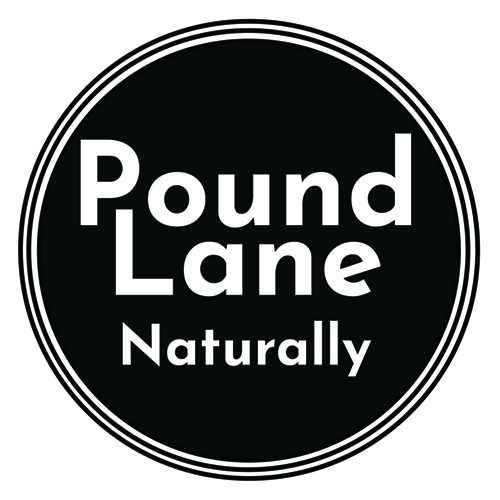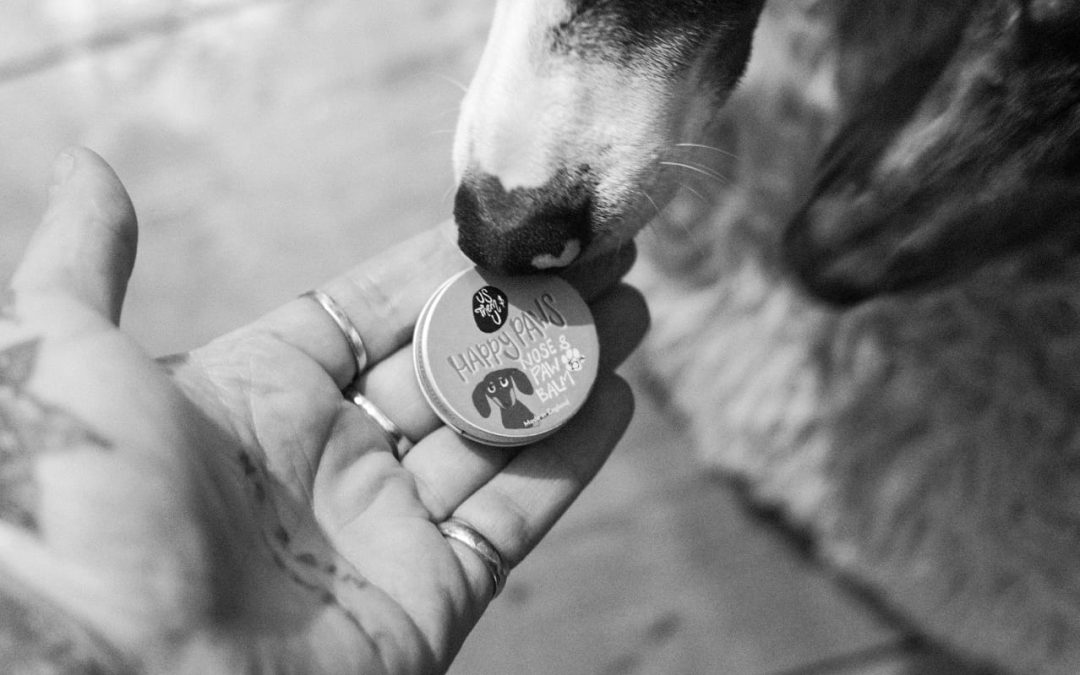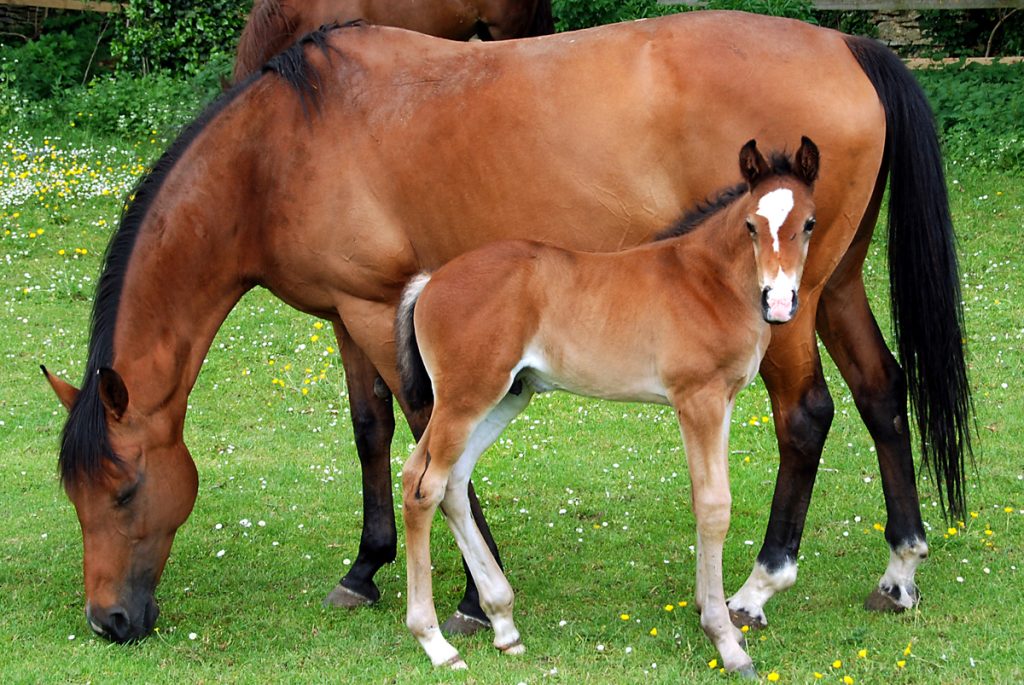In their concentrated form (100%), essential oils can be a danger for animals who have either walked through oils, gotten some on their coat or skin or had oils placed directly on them can develop health concerns.
So the first rule is take care.
The now common problem of the internet and social media arises once again.
Basically the internet is littered with falsehoods and misleading information regarding the of essential oils with humans and animals. As I have mentioned previously information givers all too readily copy articles or part of articles and do not bother to attempt to verify the information. However, there seems to be very little real information a lot of websites say the same thing and certainly there seems to be very little real research
What really matters when using essential oils with animals is the quality of the oil and the dilution of the oil when used coupled with the type of application.
Scare stories about toxicity often relate to using the oils undiluted (neat) directly onto the skin of the animal. You do not do this with humans, why your pets.?
What is true, is your animals or pets are more likely to be caused damage by the variety of synthetic chemicals they come into contact with each and every day.
“very often you will find a chemical or chemicals in dog shampoos that are identified as not good for humans, but it’s OK for dogs.
Why? Because it is cheap.”
MORE ABOUT THE INTERNET
Read more about the dangers of misinformation from the Internet and social media.

Safety Guidelines
Dilution: Essential oils are highly concentrated and can be harmful to pets if not diluted properly.
Suggested dilutions
Diluting essential oils is crucial to avoid risks of toxicity and irritation. Recommended dilution rates vary according to species, animal size, and application area. Generally:
Dogs: 0.5% to 2% (1 to 4 drops of essential oil per 10 ml of carrier oil)
Cats: 0.1% to 0.5% (1 to 2 drops per 20 ml of carrier oil)
Horses: 1% to 3% (2 to 6 drops per 10 ml of carrier oil)
___________________________________________
Avoid direct application: Do not apply essential oils neat directly to your pet’s skin.
Proper ventilation: Ensure good air circulation you are diffusing oils,and the animal is in the room, especially in enclosed spaces.
Store oils securely: Keep all essential oils out of reach of animals, as they may be curious and ingest them.
Monitor your pet/animal: Pay close attention to your pet’s behaviour after applying product with essential oils in and stop use if they show signs of discomfort or irritation.
Be mindful of allergies: Just like humans, animals can have allergies to certain oils, so start with small amounts and observe their reaction.
Consider age and size: Young animals (just like babies) are more sensitive to essential oils, so use them with even greater caution. Obviously you may use a greater dilution on a horse compared to your pet dog and likewise a Dachshund compared to an Alsatian will need different dilution strengths.
If in doubt do not use them and or consult your vet, however just like doctors some vets have their own opinions about essential oils and their powers.
The information regarding which oil is safe or not is conflicting and I will not commit to giving you a list, other than it seems that you’ll find plenty of evidence to support the safe use of bergamot, cedarwood, frankincense, German chamomile, ginger, lavender, myrrh, patchouli and Roman chamomile essential oils for dogs. There is also good evidence that frankincense, German chamomile, lavender and Roman chamomile essential oils are safe for cats.
I have anecdotal evidence that customers of ours in the past have used pure essential oils on various animals, and none have come to any harm. For years we treated our cat with pure essential oils especially for cuts and bites.
Once again, you must use the best quality oils.
Horses in particular have and are benefiting from pure essential oils being used on them.
Rose Otto Hydrolat
It is particularly safe to use with your pet as a soothing application, particularly for wiping weepy eyes or bathing mild scratches, cuts, and sores.
Only use the very best quality and do not use the cheap manufactured rose waters.


